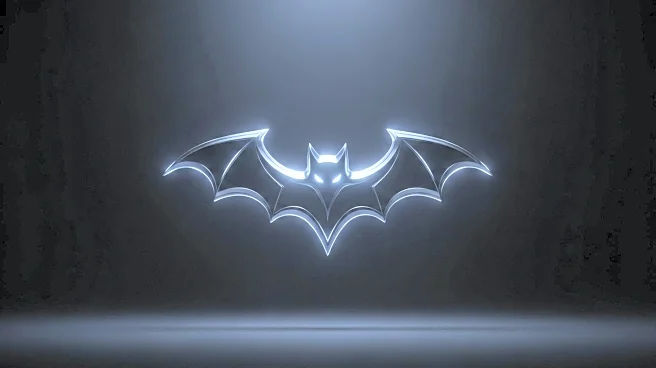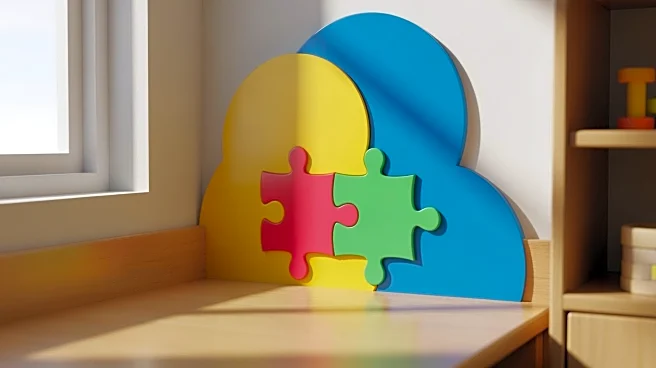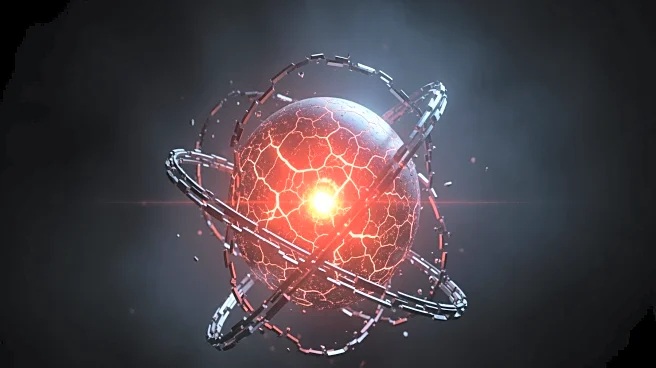What is the story about?
What's Happening?
The release of 'The Batman Part II,' a sequel to Matt Reeves' 2022 film, has been postponed to October 1, 2027, due to Hollywood strikes and other production challenges. Originally slated for October 3, 2025, the film has been a subject of intense speculation and anticipation among fans. Questions about the film's plot, such as the introduction of Robin or the involvement of villains like the Court of Owls or Mr. Freeze, remain unanswered. DC boss James Gunn has had to address fan concerns, urging patience as Reeves continues to work on the script. The delay has fueled rumors and leaks, with fans eager for any updates on the film's progress.
Why It's Important?
The delay of 'The Batman Part II' highlights the growing tension between fan expectations and the realities of film production. The postponement reflects broader industry challenges, including labor disputes and the impact of leaks and rumors on fan communities. For DC Studios, maintaining fan interest while managing production hurdles is crucial, as the film is a significant part of their superhero franchise. The situation underscores the delicate balance studios must strike between transparency and creative secrecy to keep audiences engaged without compromising the production process.
What's Next?
As 'The Batman Part II' moves towards its new release date, DC Studios will likely continue to manage fan expectations through strategic updates and marketing efforts. The studio may also face pressure to provide more concrete details about the film's storyline and cast to appease eager fans. The industry's response to such delays could influence future production timelines and communication strategies, potentially leading to more proactive engagement with fan communities to mitigate the impact of rumors and speculation.
Beyond the Headlines
The delay of 'The Batman Part II' reflects a broader trend of increased fan involvement in the creative process, driven by social media and online communities. This dynamic can create challenges for studios, as fans demand more transparency and influence over beloved franchises. The situation raises questions about the role of fandom in shaping entertainment content and the potential for studios to harness this engagement positively while maintaining creative control.














